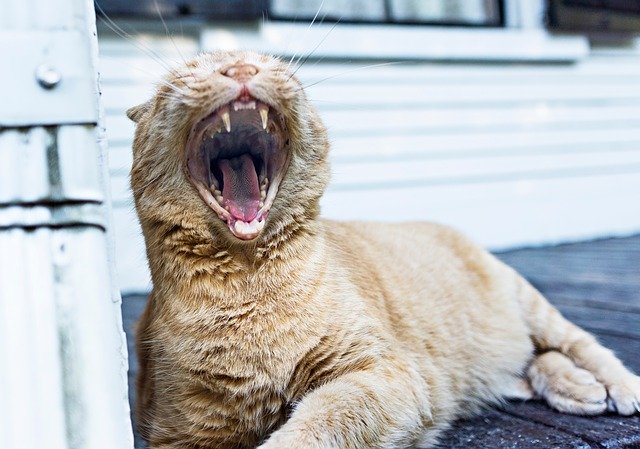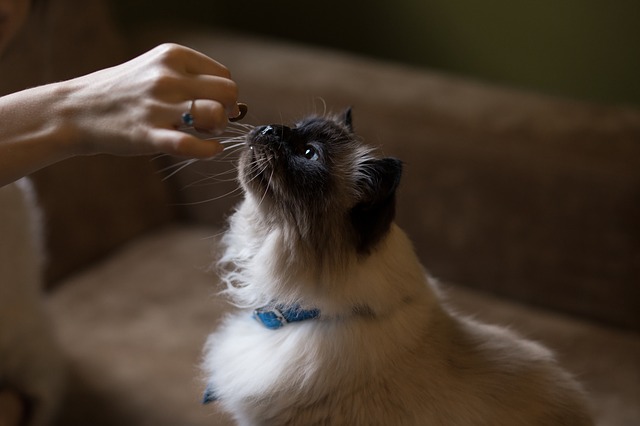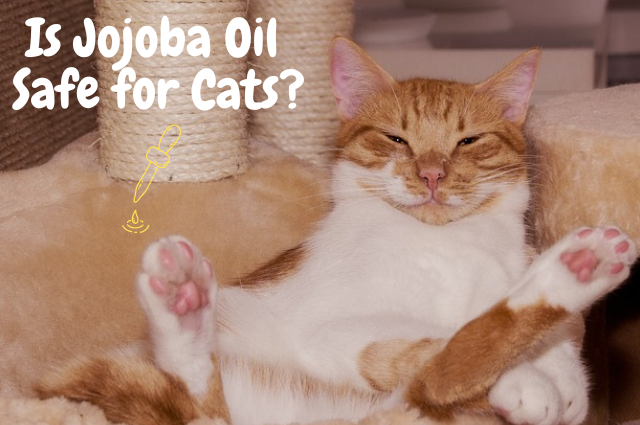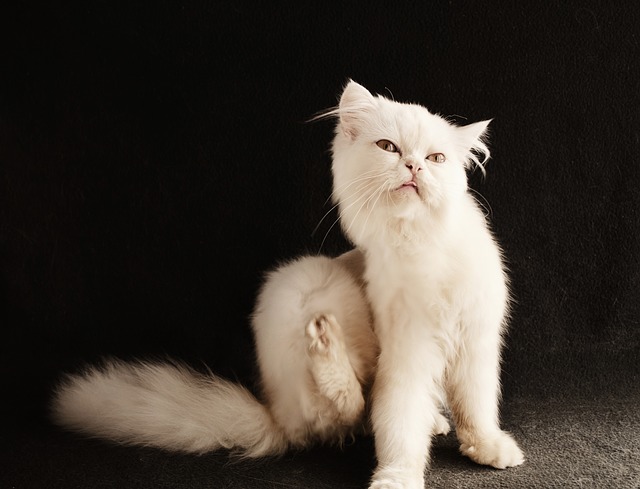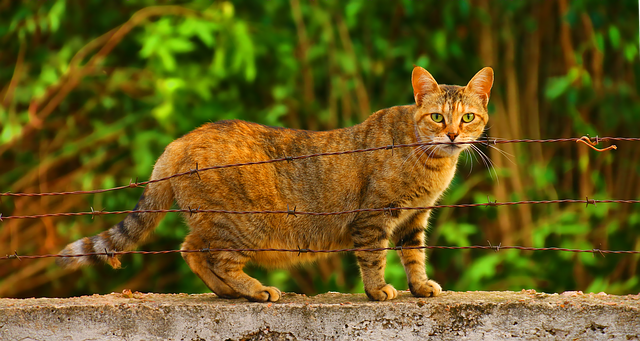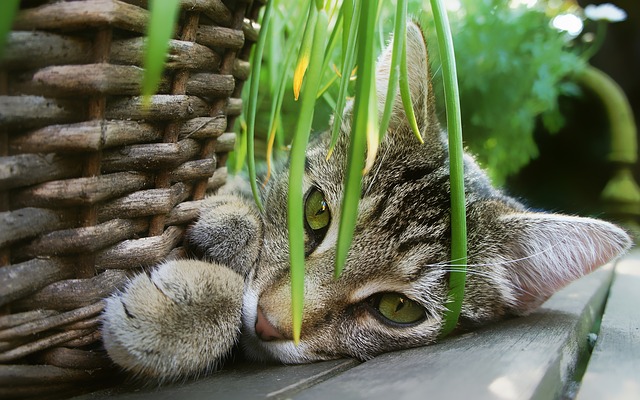Stomatitis in Cats – Causes, Signs, Diagnosis, Treatment & Prevention
Feline stomatitis is more common than you might think. Statistically, this disease affects around .7 to 4% of all cats, and it can be a painful, chronic, and debilitating medical condition.Â
Stomatitis can be defined as the inflammation of the mouth tissues. The inflammation affects both the gums and the tissue around the teeth (periodontum). Some forms evolve differently and they affect the back of the mouth, particularly where the upper and lower jaws come together.Â
In this article, we’ll look at anything from the causes of stomatitis in our feline friends to how this disease is diagnosed, how it’s treated, its prognosis, as well as some facts regarding how contagious it is.Â
Stomatitis in cats – Causes
The biggest problem when it comes to feline stomatitis is that it can be caused by several factors. There can be viral and bacterial factors involved, but inflammatory dental disease plays an important part, as well, such as periodontal disease.Â
Plaque has bacteria and it appears that cats respond to it differently compared to other species. Some of these bacteria can directly attack the dental tissue.Â
Various studies have suggested the involvement of Calicivirus in the disease, but there are other viruses that can considerably affect the
Stomatitis in cats – Symptoms
Pain is the most important and common clinical sign of feline stomatitis. In some of the cases, the
Other signs range from the
Diagnosing stomatitis in cats
Cats are extremely reluctant when it comes to someone opening their mouths and actually looking at the lesion. If the examination is particularly difficult, your feline buddy might have to be sedated. After all, one can’t rule out a dental abscess, for instance.
While the vet is going to perform a physical examination, some tests can be a little more specific — such as a CBC (complete blood cell count), a chemistry panel, tests for FeLV, FIV, or bartonellosis.Â
There’s no specific test that can diagnose feline stomatitis, but dental X-rays can at least rule out diseases such as periodontal disease, tooth root resorption, and a variety of others that can cause local inflammation.Â
In some cases, a biopsy might be necessary to make the difference between a localized infection and oral cancer.Â
How to treat stomatitis in cats?
As disappointing as it might sound, there is no specific treatment developed for this medical condition at this point. There are many management techniques available, however, and with regular dental care, a
Antibiotics can be prescribed for a limited amount of time, but the symptoms often return after several weeks. What is the best antibiotic for your cat depends on its overall health and issues, so make sure to consult a vet before you give them any medicine.
What steroids do for cats is reduce the inflammation in the
For cats who don’t seem to benefit from any long-term results from any treatment, there are things that can be done, but they are somewhat drastic. Cats can undergo surgery where their teeth are extracted and the excessive inflammatory tissue is excised.Â
About 80% of the cats that have this therapy performed recover, but some cats have to continue medical management anyway.Â
Stomatitis in cats – Prognosis
Feline stomatitis is a painful and debilitating disease that can be life-threatening in some situations. It is quite challenging to treat, but most cats respond well to a combination of medical management, dental care, and oral surgery.Â
Feline stomatitis – Homeopathy treatment
First of all, I’d like to emphasize the fact that homeopathic treatments are rarely effective in conditions where even synthetic drugs can’t do their job. You can’t treat
However, besides taking your
Some natural anti-inflammatories that provide results are proteolytic enzymes and plant-derived sterols or sterolins, as well as fatty acids (omega 3’s). Antioxidant formulas might work, as well.Â
Basically, giving your
Frequently asked questions about stomatitis in cats
Is stomatitis in cats contagious to dogs?
There’s no clear answer to this question as it depends on the pathogen. If it’s a bacteria or a virus that can cause a condition in dogs, yes. If it’s something like FIV, it’s very species-specific, meaning that it can’t lead to a case of stomatitis in a dog.Â
However, cats that have stomatitis can be contagious to other cats living in the same household.Â
Is stomatitis in cats curable?
It can be managed. There is no specific cure at this time, and while most cats respond well to surgical therapy, there’s no way of knowing whether that can happen to your
Is stomatitis in cats genetic?
It seems that there is a genetic predisposition since some of the most affected breeds are Persians, Himalayans, as well as Somalis. However, most domesticated short and long-haired cats can develop it.Â
How to prevent stomatitis in cats?
Cats don’t like it when you try to brush their teeth, but your vet might still recommend that you rinse your
Prevention is worth a pound of cure and everyone knows that. Ideally, you should keep tabs on your
What antibiotic treats stomatitis in cats?
Clindamycin and Clavamox are the most commonly prescribed antibiotics, and they sometimes call for long-term treatment (4 weeks or more).Â
Recent studies have shown that cyclosporine (an immunosuppressive agent) is quite effective, especially in patients that haven’t received previous corticosteroids.Â
